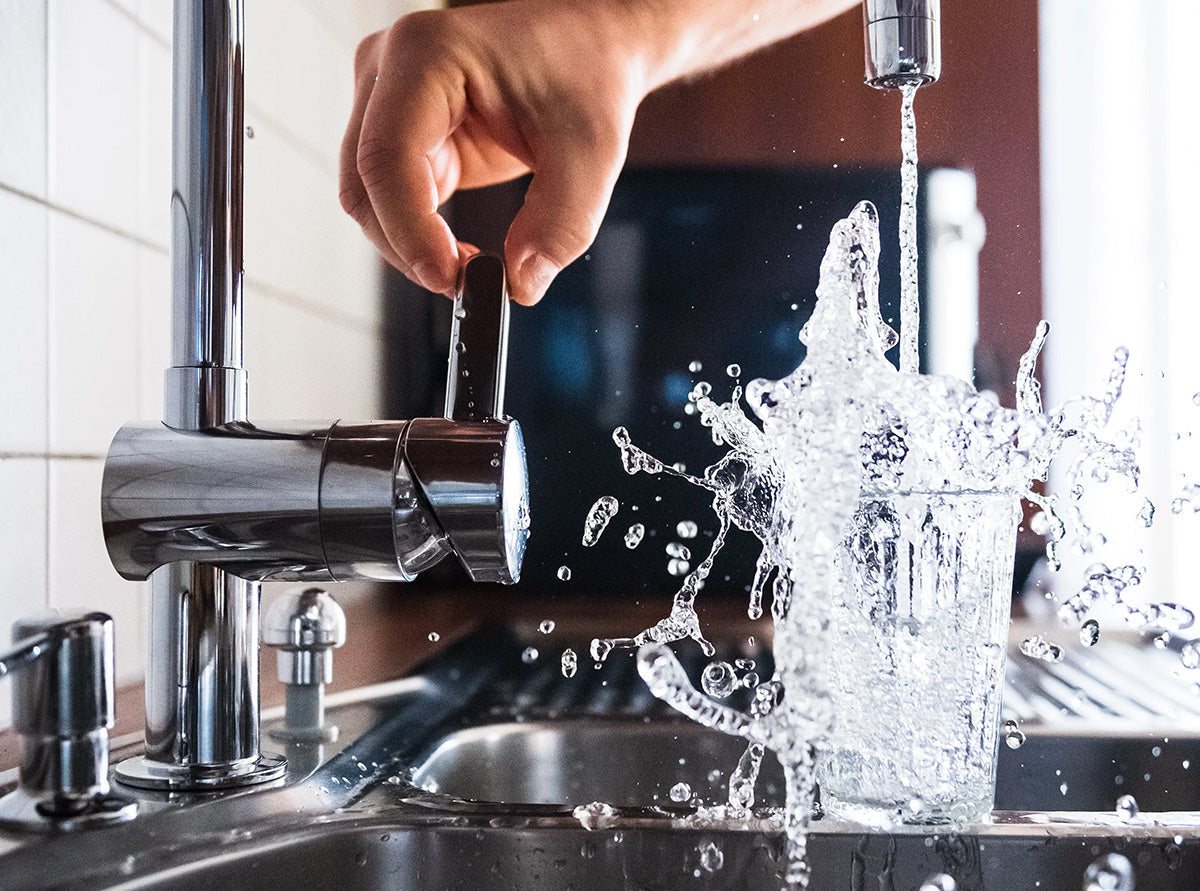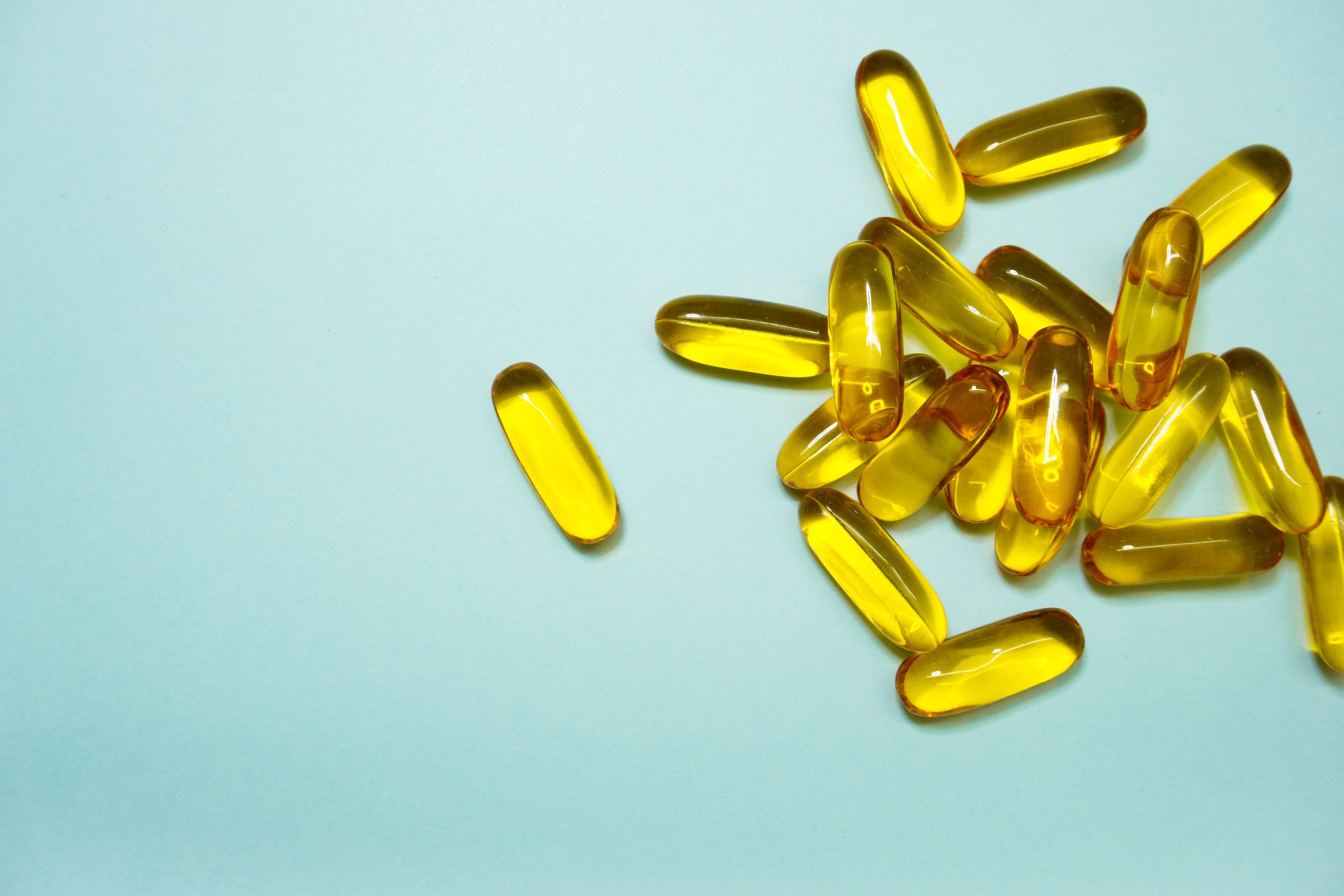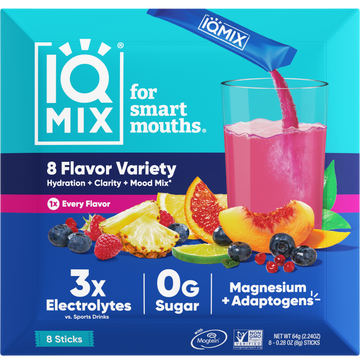It’s likely been drilled into your mind from a young age that the more water you drink, the better. But did you know it’s possible to become overhydrated?
You might be thinking, “Wait a minute, isn’t being super hydrated a good thing? How can you have too much of a good thing?” While it’s true that water is essential for our bodies to function properly, drinking too much of nature’s elixir can be harmful.
In this article, we’ll talk about what overhydration is, what causes it, and most importantly, how to prevent and treat it.
What Is Overhydration?
Overhydration, also known as water intoxication or water poisoning, is characterized by an excessive volume of water in the body, resulting in an imbalance of electrolytes.[*] It’s often overlooked as a serious condition, but it can have life-threatening consequences if left untreated.
Overhydration can occur in anyone, but certain groups of people are particularly vulnerable, including athletes, older adults, and people with certain medical conditions.
Symptoms of Overhydration
If you’re feeling a little out of sorts and you’ve been chugging water like it’s going out of style, you could be experiencing symptoms of overhydration. Here are the most common symptoms to watch out for.
- Nausea: If you’re feeling queasy and have the urge to vomit, overhydrating could be to blame.
- Headaches: Headaches caused by overhydration usually manifest as pressure and tightness in the temples, scalp, or neck.
- Fatigue: Overhydration can zap your energy, cause drowsiness, and make you feel downright exhausted.
- Confusion: Confusion due to overhydration can manifest as difficulty concentrating, trouble understanding or following simple instructions, disorientation, and difficulty making simple decisions.
- Swelling: Overhydration can cause edema (swelling), particularly in the hands, feet, and face. Why? Because when the body has too much water, it can cause the cells to swell.
- Seizures and Coma: In severe cases that go without treatment, overhydration can be life-threatening. It can lead to seizures, coma, and even death.
Causes of Overhydration
Let’s take a look at the top reasons why a person might have an excessive volume of water in their body.
Drinking Too Much Water Too Quickly
As you might have guessed, one of the most common causes of overhydration is drinking too much water too quickly. This is common during endurance events, such as marathons, triathlons, or other intense physical activities, where participants may be encouraged to drink large amounts of water to stay hydrated.
Medical Conditions and Certain Medications
Certain medical conditions can affect the rate at which the body excretes water, leading to overhydration. Some conditions that cause water retention include congestive heart failure, uncontrolled diabetes, liver disease, and kidney problems.[*]
Additionally, certain medications, such as blood pressure medications, diuretics, and certain antidepressants, can contribute to overhydration.
Inadequate Electrolyte Intake
Most people think that proper hydration is all about drinking water. This is incorrect! The other key ingredient is consuming adequate electrolytes, particularly sodium and potassium.
Electrolytes are minerals that have a positive or negative electrical charge when dissolved in water. These charges play an essential role in many functions that keep you alive, including maintaining the balance of fluids in the body (aka supporting proper hydration).
Like water, you lose electrolytes daily through sweat, urine, feces, and (on a bad day) vomit. These electrolytes must be replaced through food, beverages, and supplementation.
When the body takes in too much water and not enough electrolytes, it can lead to overhydration.
Remedies for Overhydration
Fortunately, there are remedies that can help restore the balance of fluids in your body. Let’s explore some effective ways to treat and prevent overhydration.
Reducing Your Water Intake
If you’re experiencing symptoms of overhydration, immediately reducing your fluid intake will correct the problem in most cases. However, if your symptoms are severe or if reducing your intake doesn’t help alleviate symptoms, it’s imperative to seek medical attention.
Drinking Water with Electrolytes
In terms of preventing overhydration, the key is drinking water (to thrist) with the right balance of electrolytes. Electrolyte-enhanced water can help replenish the electrolytes that the body loses through sweating and urination. In turn, this can help to restore the balance of fluids in the body and prevent overhydration.
An easy (and tasty) option for adding electrolytes to your water is a premade electrolyte blend called IQMIX.
Each packet of IQMIX contains:
- 500 mg sodium
- 450 mg potassium
- 750 mg Magtein®, a clinically studied form of magnesium (Mg L-Threonate) that crosses the blood-brain barrier[*]
- 250 mg of super-concentrated lion’s mane mushroom, which supports brain health and function[*]
IQMIX is safe for those on a low-carb diet or those with diabetes, as it contains zero sugar and only 3 grams of carbs per packet!
It’s available in delicious flavors, including Peach Mango, Lemon Lime, Blueberry Pomegranate, and Blood Orange. Try our 8-Stick Sampler to find your favorites.
Monitoring Fluid Intake and Output
To prevent overhydration, it’s important to monitor your fluid intake and output. This means being mindful of the amount of water you’re drinking and how much you’re excreting through urination and sweating.
For instance, if you’re exercising outdoors on a hot day, you’ll need more water and electrolytes than if you’re sitting at home watching Netflix.
But, as we mentioned earlier, even if you’re an endurance athlete exercising on a hot day, there’s no need to guzzle huge volumes of water. Excessive water intake can dilute blood sodium levels, causing a condition called hyponatremia (low sodium).[*]
Mild hyponatremia can result in muscle cramps and fatigue, but if sodium levels continue to plummet, serious health consequences can occur, including confusion, seizures, brain damage, and even death.[*]
A good rule of thumb is to drink to thirst. This will help you consume enough water (but not too much!) and maintain a healthy balance of fluids in the body.
Medications
If overhydration is caused by a medical condition, your doctor may prescribe medication to rectify the situation. These may include diuretics to help the body excrete excess water, or drugs to help control the symptoms of the underlying condition.
Wrapping It Up
To recap, overhydration occurs when the body has an excessive amount of water and an imbalance of electrolytes.
If you’re experiencing the symptoms discussed in this article and have been drinking water like a fish, consider reducing your water intake and upping your electrolyte intake. Drinking water (to thirst) that is enhanced with IQMIX is the optimal way to support proper hydration and overall wellness.
And, of course, always consult with a doctor if you have any medical conditions or your symptoms are severe.




